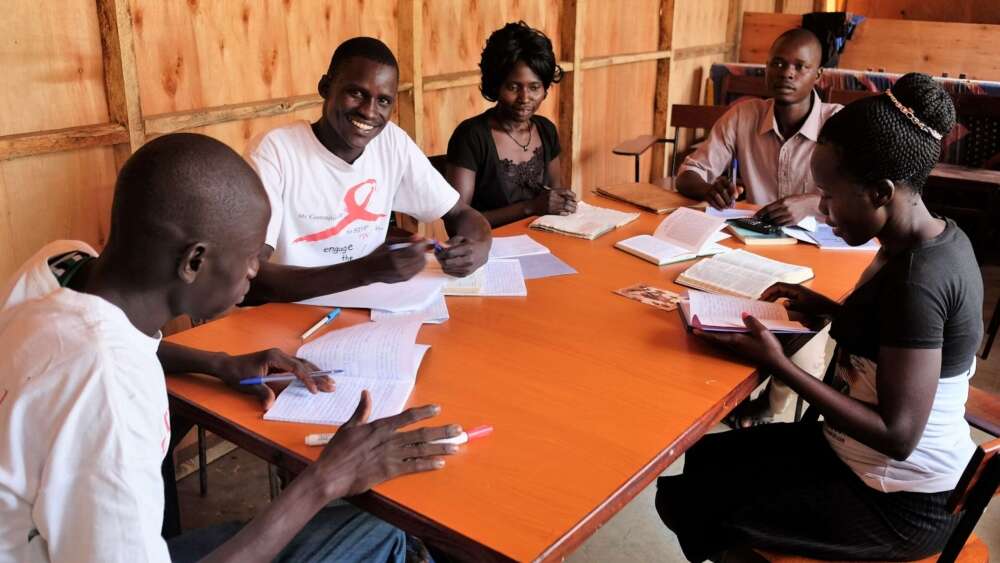For the first time, you can have a “Sponsor Student” in another country who you directly fund to help attend a Bible college, according to overseas relief agency Anglican Aid.
“As far as we can work out, this program is unique in the world, because it’s the first program where you will be able to directly sponsor an individual student,” Anglican Aid CEO Tim Swan told Eternity.
“You’ll be able to stick a photo of them on your fridge, receive prayer letters from them and, by your prayers and giving, become a part of their ministry, a part of seeing the Word of God go forward in that country.”
Officially launched this Sunday, the new Bible College Student Sponsorship program connects Australians with students in countries including Egypt, Ghana, Nepal, Papua New Guinea, South Sudan and Chile – where Swan was a missionary for ten years.
A driving factor behind this “photo on the fridge” approach to sponsorship is Anglican Aid recognising the impersonal nature of giving to a general fund.
“Who wants to give to a fund?” Swan stated, even while indicating that Anglican Aid last year sponsored more than 400 full-time Bible college students in various developing nations, through donations.
“This Student Sponsorship program is unique because it connects a sponsor with a student and it’s developing partnerships which will strengthen churches in developing nations.”
Anglican Aid believes there is a “massive need” for training of local leaders in how to read, teach and explain the Bible. Swan taught at a Bible college in Chile and most students required external support to attend. “I saw the church being strengthened [in Chile] … through these students having a few years of good training in their own country and context, and then they would go out for a lifetime of ministry.”
“I fully believe that the most effective thing we can do to advance the gospel around the world is to invest in theological education – training local people in their context, for ministry in that context.”
To illustrate the potential influence of such investment, Swan shared the story of a student named Alfred who was previously sponsored through Anglican Aid. Growing up in a rural village in an African nation, where he walked 12 kilometres barefoot to school, Alfred became an apprentice witch doctor as a teenager.
An evangelist came to his village, and Alfred gave his life to Christ. He started a church under a mango tree, before shifting into a thatched hut.
“Alfred was sponsored to go to Bible college, he then was made an archdeacon over ten junior pastors with multiple congregations,” said Swan. “He was sponsored to study a masters degree and later a doctorate, and has been involved in training up hundreds of other pastors, as well as bringing running water, electricity and education to many villages across the region.
“So there has been a huge spiritual impact and social impact, as a result of God bringing together Alfred with some generous sponsors.”
“Australia has resources. We want to see those resources mobilised to train local Christian leaders in the developing world.” – Tim Swan
Anglican Aid’s initiative to encourage individual sponsorship of local Christians is not a criticism of traditional missionary work. Swan returned to his own experience in Chile as an example of what overseas missionaries can add, while noting significant differences with those who already know the country and culture.
“As a well-trained missionary, I was able to have a real impact, as the college where I taught just didn’t have well-trained local people available who could teach,” said Swan.
“So there will always be a role for Australian missionaries – we have access to training and resources that we are duty-bound to share around.
“For family reasons I had to come home after ten years – like most missionaries.
“But local people are there for a lifetime. Local people understand their culture better than a missionary ever could. But the local pastor needs to be well trained in the Bible.
“Australia has resources. We want to see those resources mobilised to train local Christian leaders in the developing world, for the developing world.”




